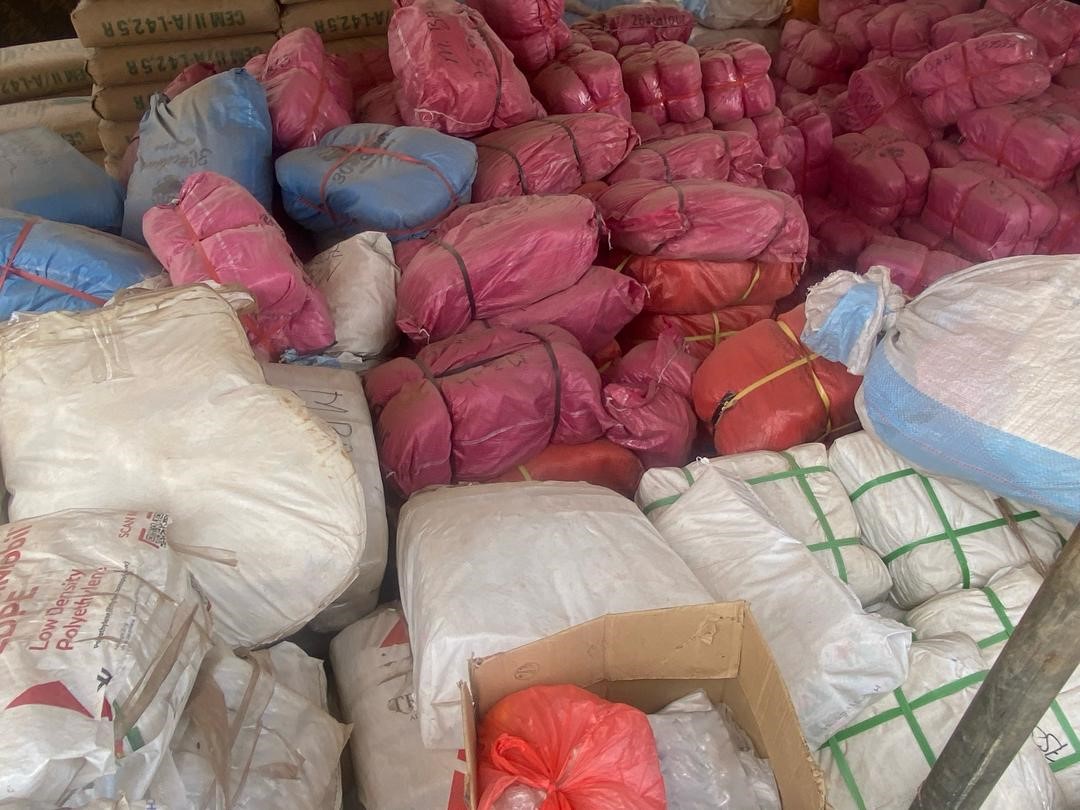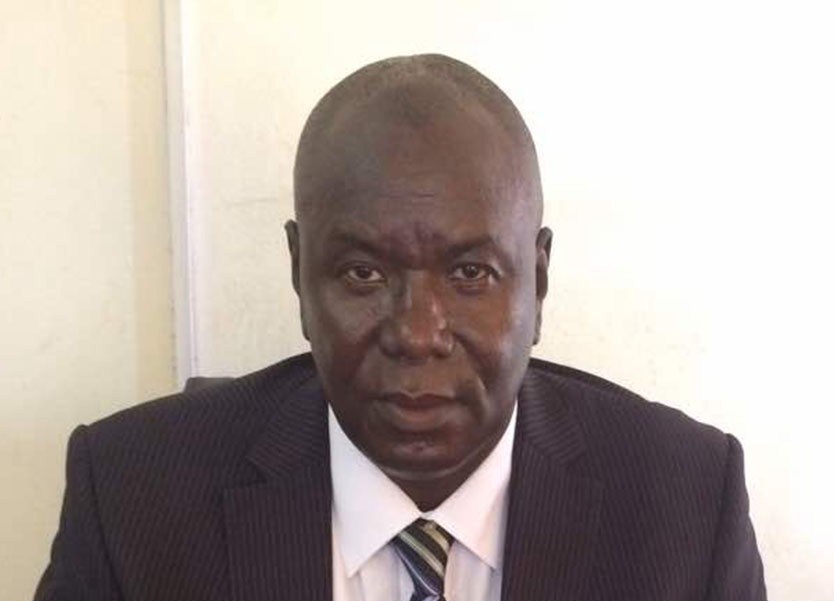Human rights watchdog, Amnesty International, on Wednesday asked the Gambian government to take all necessary steps to eliminate illegal, unregulated, and unreported fishing (IUUF), combat overfishing, and increase the transparency of fishing agreements to protect local communities.
In a new report titled, “The Human Cost of Overfishing”, Amnesty International examines the human rights impact of the fishing industry, including the activities of fishmeal and fish oil factories (FMFO) and the damage caused by foreign-owned industrial trawlers.
Amnesty International said in June 2021 and March-April 2022, it conducted research in Banjul, the capital, and the coastal region of Sanyang which is both a tourism hub and a centre for fishing where a large fish oil factory is located.
“The Gambian government and international community actors operating in the affected areas must ensure that foreign vessels and FMFO factories respect both national and international fishing regulations. It is crucial that local communities remain able to catch fish using sustainable methods,” it said.
It is estimated that Gambia, Mauritania, Senegal, Guinea Bissau, Guinea, Sierra Leone together lose US$2.3 billion annually to illegal fishing.
The report includes testimonies from fisherpersons, vendors, and restaurant owners in Sanyang, all of whom have seen their livelihoods threatened by the depletion of fish stocks. Many are struggling to buy enough fish due to a hike in prices.
Amnesty International said the situation in Sanyang, a coastal village reliant on the fishing sector, “is particularly dire”.
In addition to the presence of foreign-owned industrial boats, which sometimes carry out illegal fishing, Nessim Fishing And Fish Processing Co., Ltd (Nessim), a foreign-owned FMFO factory, was built in the community in the end of 2017 and started operating in 2018.
The primary species targeted by FMFO factories are sardinella and bonga fish, which are essential to both the livelihood of coastal communities as well as being a hitherto affordable source of protein.
“Local communities are being deprived of their right to a decent standard of living as well as their right to health and food. The Gambian authorities must take urgent action to both better protect the environment and the fundamental rights of these communities. The socio-economic rights of communities in Sanyang are particularly under threat,” said Samira Daoud, Regional Director of Amnesty International for West & Central Africa.
Women farmers working near Nessim’s factory say the productivity of their land has decreased, due to an increase since the factory commenced operations of pests and insects that destroy their vegetables. As a result, they are struggling to grow sufficient produce and have seen their profits drop.
Owners of restaurants, lodges and juice bars along the beach all say they have lost clients due to the stench generated by the factory which Amnesty delegates experienced during their mission. This is severely impacting the local tourism industry.
Local artisans in the fishing industry, including those who dry fish or work in smokeries, say foreign-owned fishing vessels drastically deplete fish, regardless of the regulations. A fisherman in Sanyang said: “Fishing has been difficult since we saw the big boats… they take all the fish.”
Fishery workers are often forced to compete with foreign industrial vessels, which often, in the absence of sufficient patrols by the Gambian Navy, venture closer to the coast than they are authorised to do so in areas reserved for artisanal fishermen.
The report said these illegal fishing practices severely impacted the livelihoods of local communities, who depended on fishing for their survival.
“They also bring a risk of food insecurity, as fish provide a crucial source of protein for Gambians. The large quantity of fish exported each year through the activities of foreign industrial boats and fishmeal factories is rapidly depleting available fish stocks for local communities.”
Amnesty International said the impact of overfishing on the environment was also deeply concerning. With fish populations declining to unsustainable levels, the biodiversity of marine life — there are at least 500 species of fish in The Gambia — is under threat.
It quoted a 2020 report by the UN’s Food and Agriculture Organization (FAO) which found that both sardinella and bonga fish were being overexploited, while stocks of sardines were also being undermined. This overexploitation is due to the activities of all actors in the fishing industry, including fishmeal factories.
Members of the local community in Sanyang also expressed grave concerns about the environment, the report said.
It added that Nessim had been fined several times by the National Environmental Agency for not properly treating its wastewater, which it discharges into the sea. Fishermen that supply the factory have also dumped dead fish back into the water on several occasions after Nessim declined to purchase them, leaving the beach covered in dead fish.
“The Gambian authorities must thoroughly investigate the socio-economic and environmental impact of fishmeal and fish oil factories and provide remedies to those affected in the local community,” said Daoud.
Many residents in Sanyang said Nessim, which started operating in the area in 2018, did not adequately consult with local communities.
The company says it conducted consultations with the community before commencing its operations, yet more than a dozen residents impacted by the factory’s activities told Amnesty International they were not aware of any consultations taking place.
“The Gambian authorities must ensure that companies, as part of their Environmental Impact Assessment Study, hold meaningful consultations with communities potentially affected by their project before their work begins which is mandated by the 2014 Environmental Impact Assessment Regulations. Nessim must regularly consult with the community and comply with the UN Guiding Principles on Business and Human Rights, including by implementing a due diligence process to address the factory’s impact on human rights,” said Daoud.
The government must make public information about fishmeal factories and the number of foreign vessels authorised to fish in Gambia’s waters.
It must also allocate the necessary resources for the Navy to combat IUU fishing.
Amnesty International added that the Gambian authorities and international community actors operating in Gambia’s waters “must act now to protect the rights of local fishing communities and preserve the environment for future generations”.
It said all companies in the fishmeal supply chain should also be conducting human rights due diligence, which could include public reporting about the origins of their products.
“Companies purchasing fishmeal should map their supply chains and analyse the human rights risks that they may be directly linked to, through their relationship with suppliers,” the report said.





